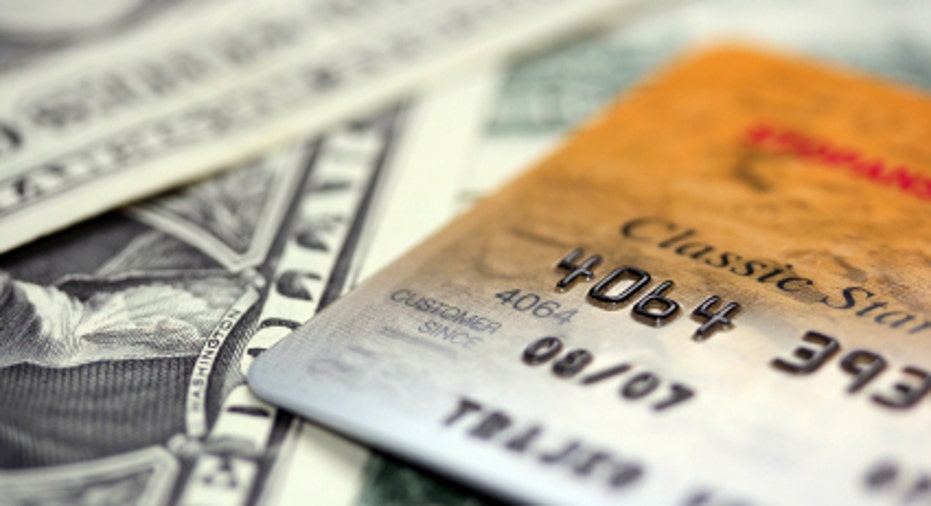Where is My Credit Score, and How Do I Boost It?

Dear Credit Card Adviser, I recently started a job at a bank. We were able to apply for a credit card through the bank. I've never had a credit card, or even a real job for that matter, and I was denied. I'd still like to have a credit card for emergencies. How can I get one? Also, where can I find my credit score (for free, preferably) and learn how to manage it? -- Crystal
Dear Crystal, These are good questions. It's important to know your credit score rights. They can help you improve your credit history and get that credit card.
The first thing to do is get a peek at your credit score. You should have received it from your bank for free. It???s one of your newest credit card rights, created last year when the government required all creditors to provide scores to consumers who have been denied credit or received less-than-the-best terms available. Contact your bank if you haven't received this disclosure.
The credit score disclosure includes key information besides the credit score. It also provides the range of possible scores under the scoring model, up to five key factors that lowered the score, the date the score was created and who provided the score. Look carefully at the factors that hurt your credit score. Improve those, and your credit score will benefit.
You mentioned that you've never had a credit card, but do you have any other debt in your name? If not, it's possible you don't have a credit score because you don't have any credit history. In that case, your bank isn't required to provide a credit score disclosure because there's no score to disclose.
In either case, it's important to know where you stand, and there's only one way to find out. Pull your credit reports from the three major credit reporting agencies -- Equifax, Experian and TransUnion -- at AnnualCreditReport.com. You're entitled to a free report from each bureau once every 12 months.
You'll likely find that you have no credit or bad credit. Even if you don't have debt, bad credit can come from other unpaid accounts that went into collections such as utility or cellphone bills. Make sure the information on your credit report is legitimately yours. If it's not, follow Bankrate's steps to correct errors on your report.
To get a credit card, you will need to build or improve your credit. There are a couple of ways to do this. For example, a family member or a close friend with good credit could add you as an authorized user on their credit card. Your credit will benefit from the positive payment history on that card. And if the account holder agrees, you might be able to use the card in an emergency. (It's important that both of you define what makes an emergency. No money for pizza may be an inconvenience, but it hardly qualifies as an emergency.)
If no one is willing to help out, a secured credit card may be your only (and slow) way to build credit. A secured credit card requires an upfront deposit -- typically between $300 and $500 -- to serve as collateral against the line of credit. Some companies offer larger credit lines -- up to $2,000 -- if you have the full amount upfront for the deposit. Check out Bankrate's secured credit cards to compare.
The amount of the deposit is the same as the credit limit. The deposit is placed into a money market account or certificate of deposit. You should charge only 10% of the credit limit, and pay it off in full every month to boost your credit score. After a year, your issuer may convert the card to a traditional unsecured credit card. Or, you can try applying for one on your own. Until that time, sock away money in a savings account for emergencies. Good luck.
Get more news, money-saving tips and expert advice by signing up for a free Bankrate newsletter.
Bankrate's content, including the guidance of its advice-and-expert columns and this website, is intended only to assist you with financial decisions. The content is broad in scope and does not consider your personal financial situation. Bankrate recommends that you seek the advice of advisers who are fully aware of your individual circumstances before making any final decisions or implementing any financial strategy. Please remember that your use of this website is governed by Bankrate's Terms of Use.
Copyright 2012, Bankrate Inc.



















